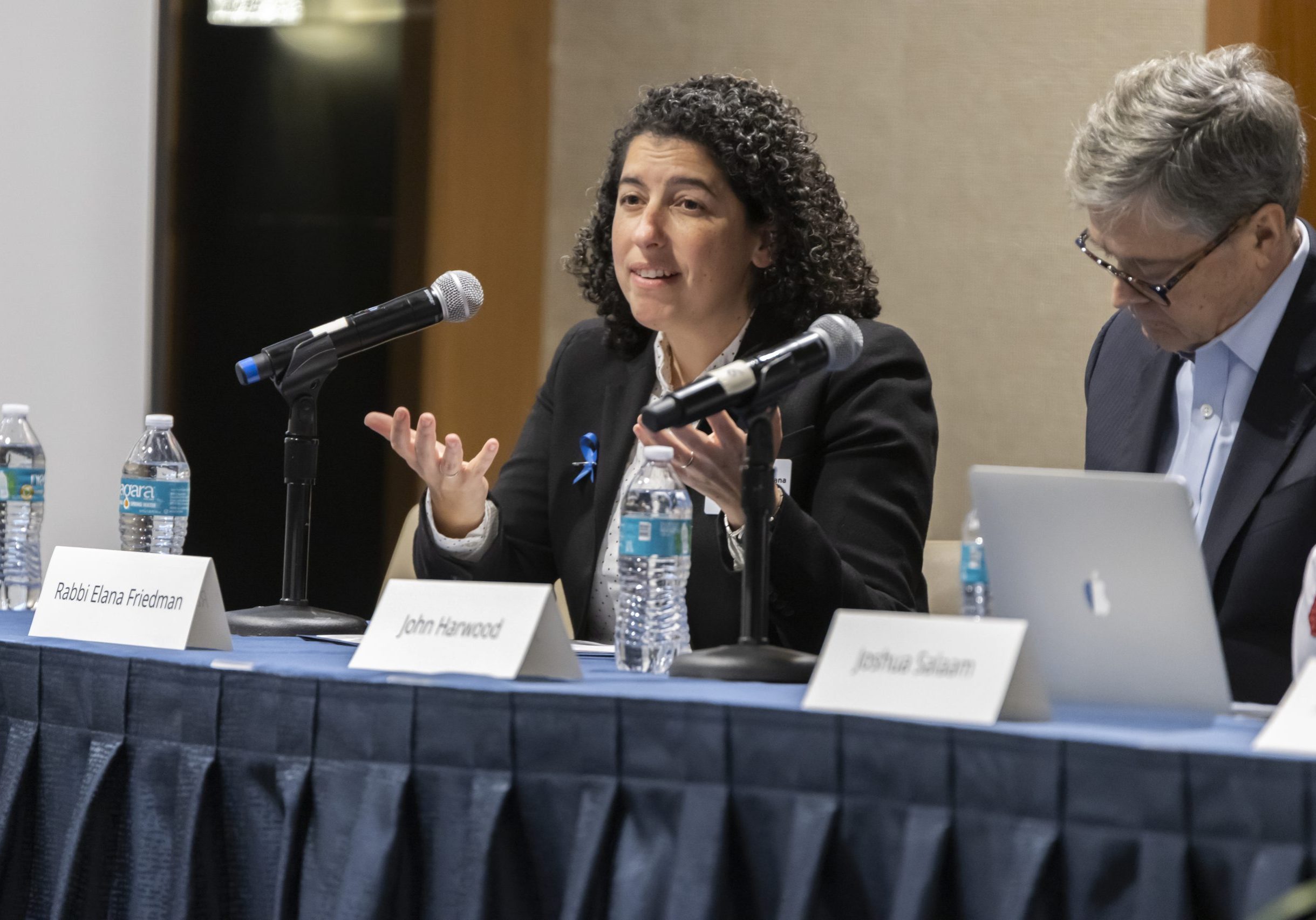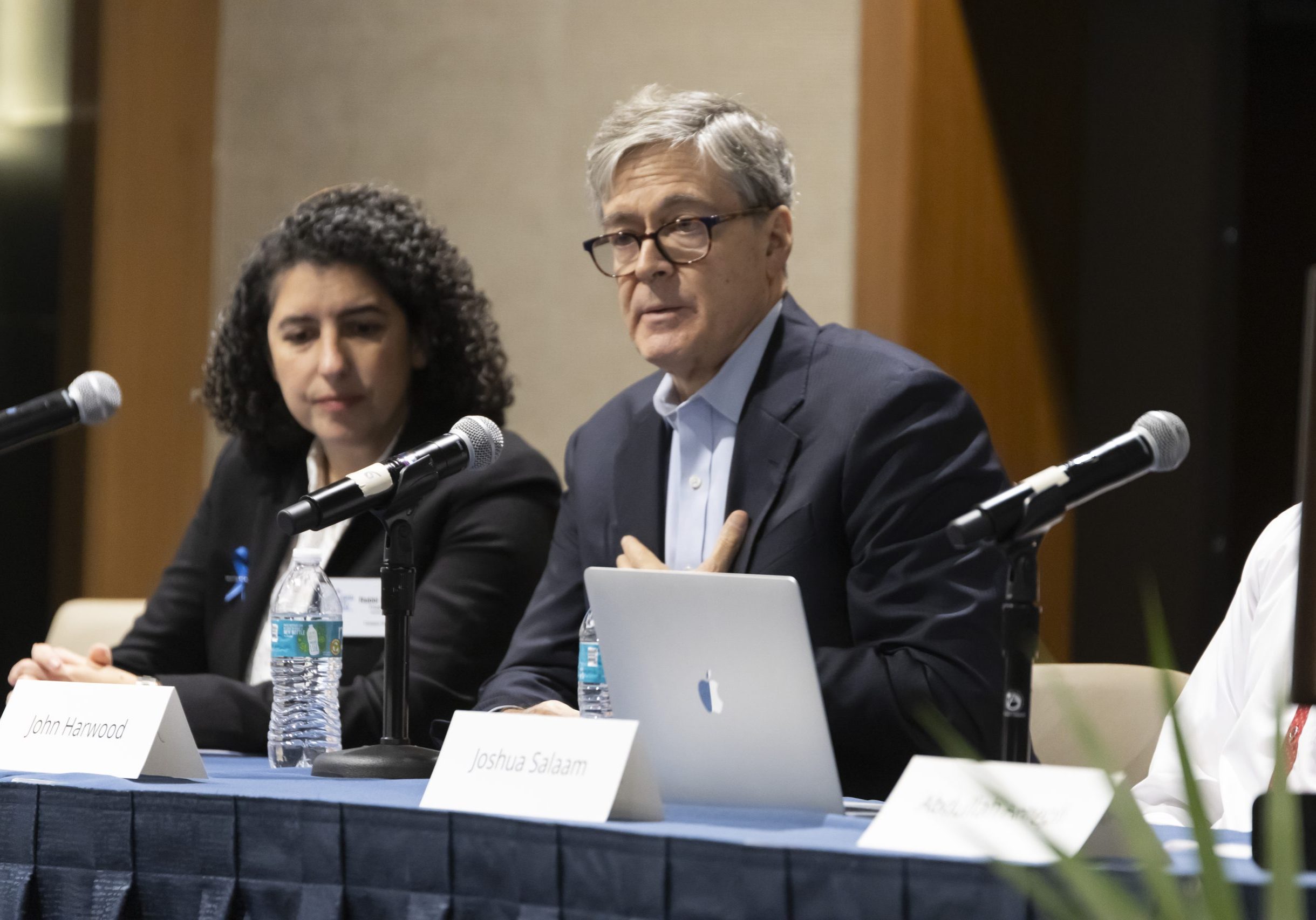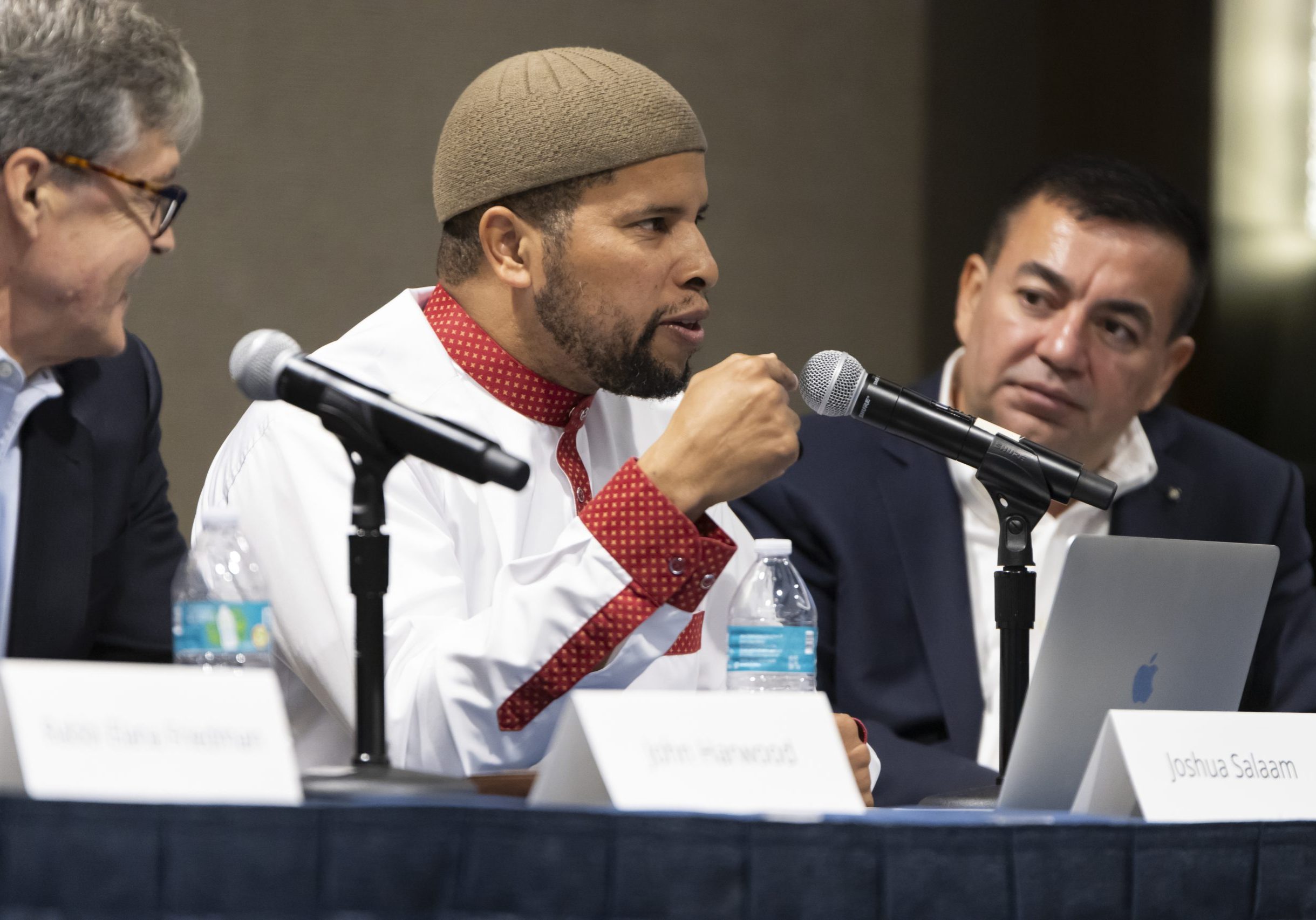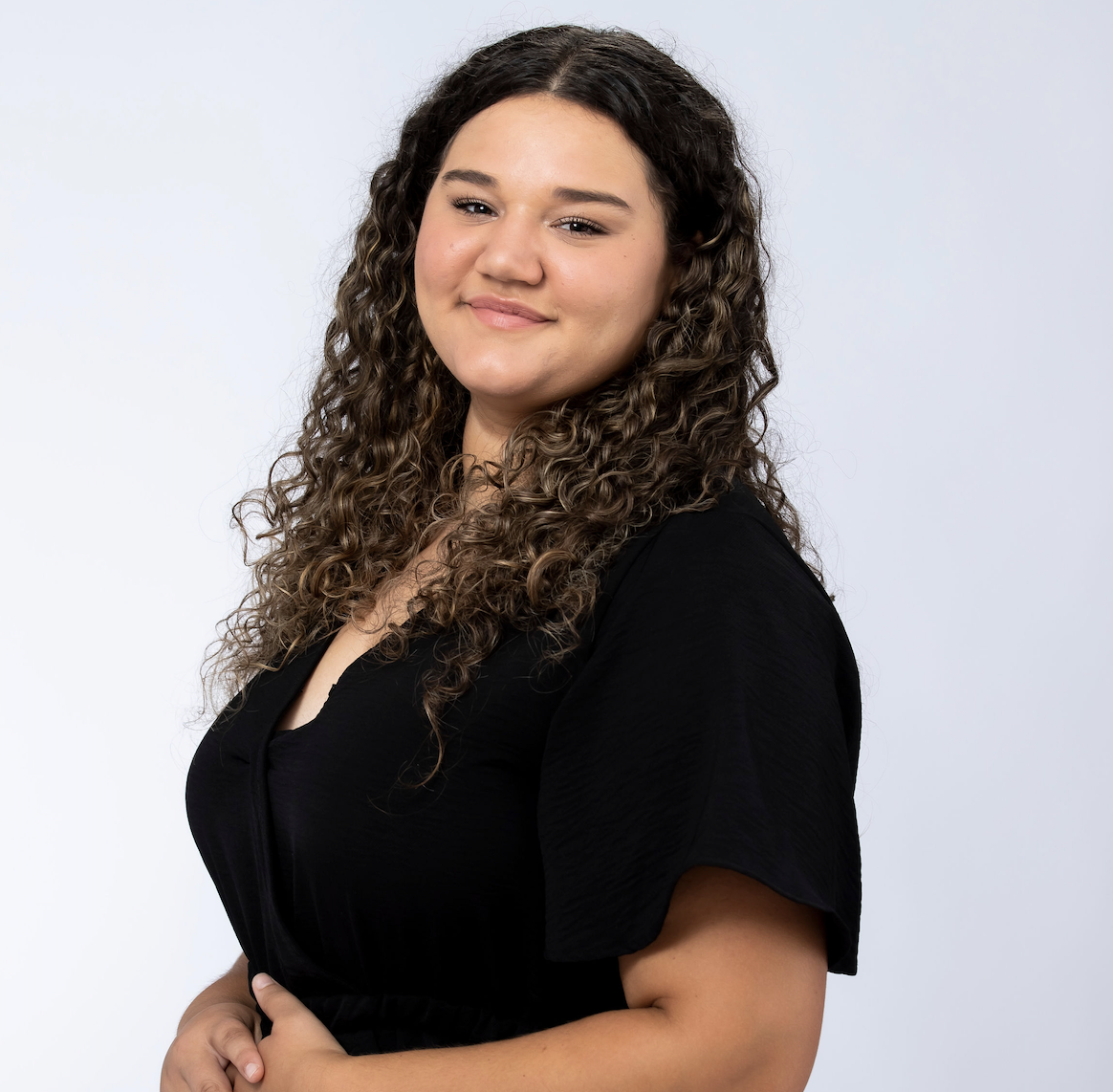
Combating Hate and Bias Recap:
Antisemitism, Islamophobia, And Religious Oppression In 21st Century Politics
Sophie Yost ('26)
Dec 6, 2023
The third panel of the Combating Hate and Bias Conference explored combating antisemitism, islamophobia, and religious oppression in 21st-century politics. The panel included Campus Rabbi and Jewish Chaplain for Jewish Life at Duke Rabbi Elana Friedman, Polis Distinguished Fellow and Journalist John Harwood, and Director and Chaplain for The Center for Muslim Life at Duke Joshua Salaam. The panel was moderated by Conference Chair Abdullah Antepli.
Antepli opened up the discussion by asking the panelists how religion plays a role in both perpetuating and combating hate in the United States. Rabbi Elana Friedman said how saddened she is that hate is so prominent in the world right now. She asserts that hate has become so integrated in our society that “we almost assume that it is in everyone’s DNA.” Rabbi Friedman argues that religious tradition speaks more of love than hate and that the Jewish tradition implores us to recognize that we are all family. However, she recognizes that religion can also be divisive – separating groups of people from each other. “We tend to be a tribalistic society, and have been throughout history.” Despite the internet and social media connecting us with all types of people and ways of life, we have instead “become more insular.”

John Harwood agrees, arguing that “the identity part of religion has superseded the actual faith component.” He continues, “If you get detached to what your faith actually means and what it should teach you about how to conduct yourself as human beings, then that makes you susceptible to the kind of polarization that has overtaken our politics…not just in the United States, but around the world.” He highlights the recent rise of physical attacks and intimidation found on college campuses towards students of differing beliefs as completely wrong.

Joshua Salaam believes religion is a tool, just like a hammer or cell phone, and what matters is how an individual chooses to use it. He argues that religion is part of the problem and the solution, “There are people on this earth who use religion to establish a force of peace, and there are other other people that use it as a tool of destruction and violence.”

Each panelist emphasized the importance of opening up and learning to listen to others. We are all more similar than we think, and if we begin to focus conversations on our similarities rather than differences we can begin to combat hate together.


